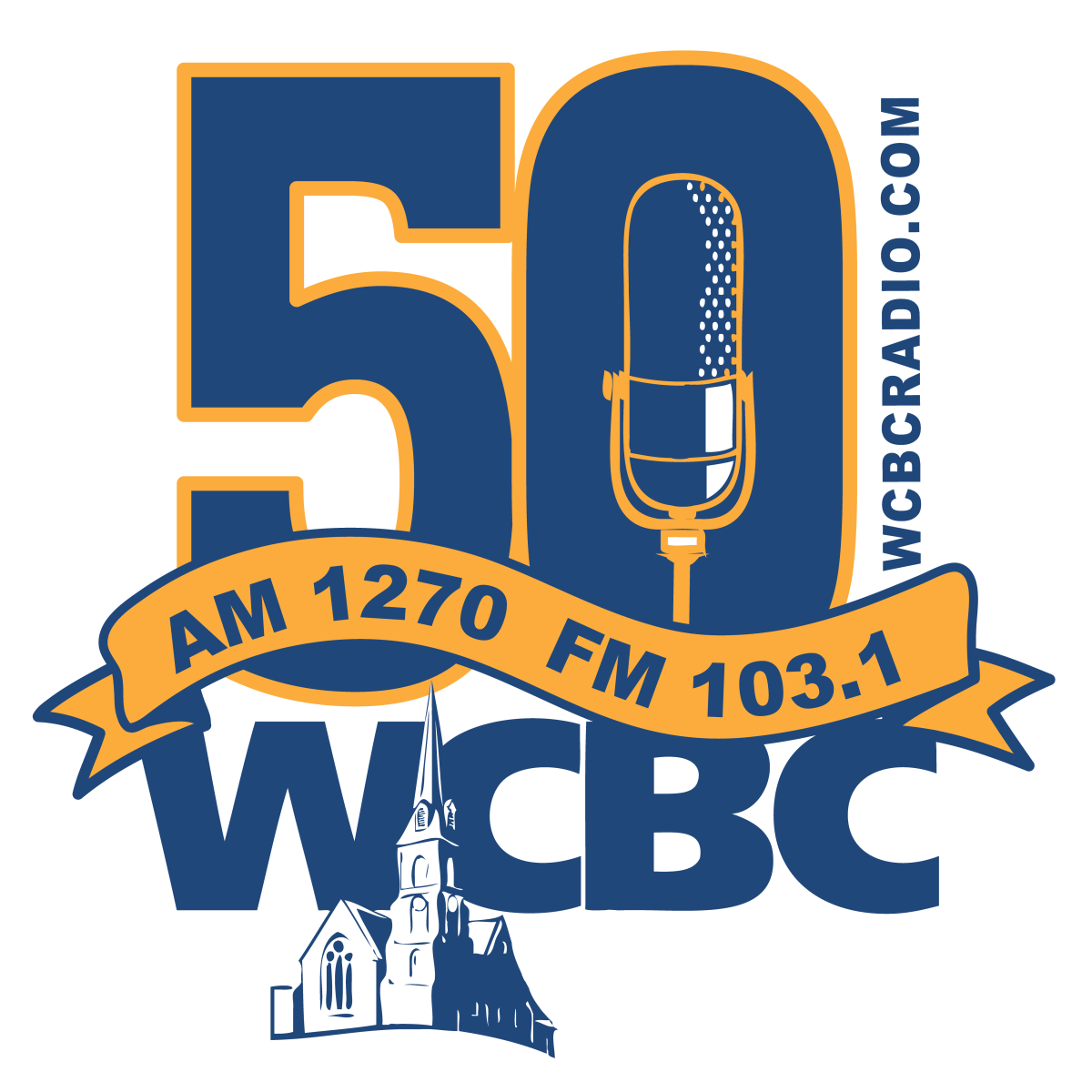January 6th, 2022 by WCBC Radio
The Maryland Department of Health (MDH) announced today that the U.S. Centers for Medicare and Medicaid Services (CMS) has approved a five-year renewal of the state’s Medicaid 1115 waiver, which extends its HealthChoice program. The federal Medicaid website describes the conditions under which 1115 waivers are granted: “Section 1115 of the Social Security Act gives the Secretary of Health and Human Services authority to approve experimental, pilot, or demonstration projects that are found by the Secretary to be likely to assist in promoting the objectives of the Medicaid program.” The state will receive federal dollars to use for initiatives that will closely align the 1115 program with the Maryland Medicaid Administration’s priorities to implement cost-effective strategies that improve access to health care and health for individuals with complex conditions and needs.
“The HealthChoice 1115 waiver has been critical to innovating the delivery of health care services to Maryland Medicaid participants since 1997,” said MDH Secretary Dennis R. Schrader. “We are pleased to continue to expand our partnership with the federal government to include initiatives vital to further improving health outcomes for Maryland’s most vulnerable residents.”
“With the renewal of the 1115 waiver, the Medicaid program will be able to continue its collaboration with state and federal partners to better serve the needs of the more than 1.4 million Marylanders enrolled in HealthChoice. The waiver authorizes Medicaid to continue promising pilot programs from the prior waiver period as well as coverage for substance use residential treatment services,” said Deputy Secretary for Health Care Financing and Medicaid Steve Schuh. “Medicaid will also cover new benefits, including services delivered by institutions for mental disease (IMDs) for adults with severe mental illness, additional interventions designed to improve maternal and child health outcomes, and a pilot program with ambulance care teams to reduce strain on Maryland's emergency departments.”
The waiver renewal, which took effect January 1, 2022, focuses on maintaining high-quality, cost-effective services and pilot programs initiated in the last waiver renewal period. In addition, it allows MDH to focus on alignment with statewide efforts and measures designed for and organized around achieving success on population health measures required by the Center for Medicare and Medicaid Innovation (CMMI) for Maryland’s Total Cost of Care Model. Key components of this agreement include:
- Expansion of Institutions of Mental Disease (IMD) Services for Adults with Serious Mental Illness (SMI). MDH has obtained expenditure authority to cover Medicaid adults aged 21 to 64 who have an SMI diagnosis and who are residing in a private IMD beginning on January 1, 2022. The days authorized will be based on medical necessity.
- Maternal Opioid Misuse (MOM) Model (Eff. Date: July 1, 2021). Implemented in response to Maryland’s opioid epidemic, the MOM Model is a pilot initiative designed to improve maternal health outcomes by providing case management, somatic, and behavioral healthcare services to pregnant individuals diagnosed with opioid use disorder (OUD), as well as reducing the burden of neonatal abstinence syndrome (NAS) and its associated costs. Initially established in St. Mary’s County, the pilot will transition to becoming available statewide. In this submission, Maryland sought funding for payments for participating managed care organizations to cover these services during pregnancy and the postpartum period.
- Medicaid Alternative Destination Transport Pilot Program. The Medicaid Alternative Transport Model is a voluntary, five-year payment model that provides greater flexibility to ambulance care teams to address emergency health care needs following a 911 call by allowing for payment for ground transports to alternative destinations like urgent care providers in addition to hospital emergency rooms.
- Modification to Assistance in Community Integration Services (ACIS) Pilot Program. MDH was successful in expanding the number of available places from 600 to 900. Through an open process, local jurisdictions will apply to deliver ACIS services to a proposed number of individuals either as an expansion of a current ACIS pilot program or under a new application. All other provisions of the program, including the local governmental entity provision of the non-federal share of payments, remain the same. The ACIS pilot is currently active in Cecil, Montgomery, Prince George’s Counties and Baltimore City.
- Modification to the Evidence-Based Home Visiting Services (HVS) Pilot for High-Risk Pregnant Women and Children. MDH expanded the allowable time frame of eligibility in the Healthy Families America (HFA) network, an evidence-based, home-visiting model program from age two to age three. This change aligns with the current guidelines of the HFA model. All other provisions of the program, including the local-governmental entity provision of the non-federal share of payments, remain the same.
For more information about the Maryland Medicaid Administration, visit health.maryland.gov/mmcp.





.jpg)











